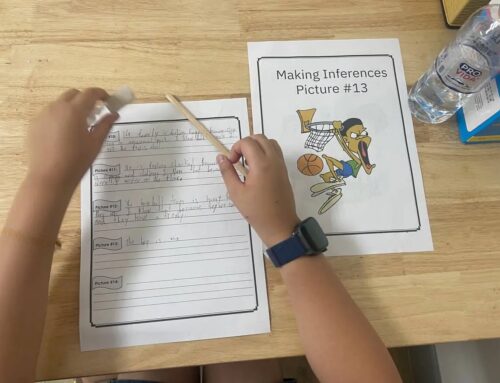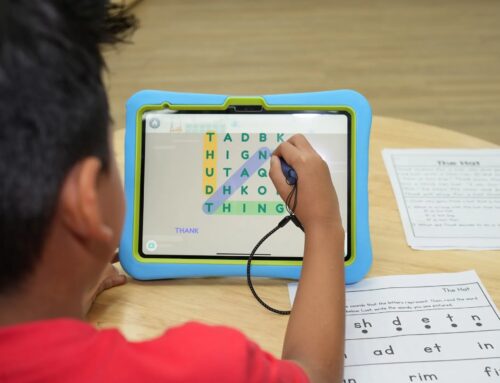In today’s digital world, screens are a part of everyday life. But for children with speech and language delays, screen time doesn’t have to be a problem—it can actually be a powerful support tool when used the right way. With guidance and interaction, digital tools can help children learn new words, practice sounds, and build communication skills.
At OrbRom Center in Phnom Penh, we help families understand how to turn screen time into learning time. With a therapist or parent actively engaged, children can benefit from apps, videos, and digital activities that target their specific speech and language needs.
How Digital Tools Help With Speech and Language
When used purposefully and in moderation, digital tools can reinforce speech development in the following ways:
-
Modeling correct speech: Apps and educational videos provide clear examples of sounds, vocabulary, and sentence structures
-
Visual and auditory pairing: Children learn better when they see and hear words together
-
Interactive communication: Apps that require responses or choices support expressive language
-
Repetition and predictability: Digital activities often provide the consistency that children with speech delays benefit from
-
Motivation: Screens can be engaging and rewarding, especially when paired with adult interaction
How OrbRom Therapists Use Technology in Speech Therapy
At OrbRom Center, we don’t rely on screens—but we do use them strategically. Our therapists may incorporate digital tools to:
-
Practice articulation through animated videos or apps
-
Use story-based learning apps to build narrative skills
-
Reinforce vocabulary with matching games or interactive visuals
-
Motivate reluctant speakers with fun, controlled activities
-
Support children with autism or ADHD through structured routines
All screen-based activities are guided by a therapist, ensuring that the child stays engaged and that learning goals are met.
Tips for Phnom Penh Parents: Making Screen Time Speech-Friendly
You don’t need special software—just a thoughtful approach. Here’s how to make screen time count for speech development:
-
Choose interactive content: Look for apps that require touching, speaking, or answering
-
Co-watch and talk: Narrate what you see, ask questions, and model new words
-
Set time limits: Keep sessions short and focused
-
Balance with real-world interaction: Use the content as a springboard for real conversation
-
Avoid passive viewing: Skip long cartoons or videos that don’t encourage engagement
For example, if your child watches a video about animals, ask afterward: “Which animal did you like best? What sound does it make?”
Empowering Families Through Smart Tech Use
At OrbRom Center, we empower Phnom Penh families with modern, practical tools to support communication growth. We know that screen time isn’t going away—but with the right approach, it can be part of a balanced language development plan.
Our team helps families choose age-appropriate digital resources and integrate them into daily routines in ways that support—not replace—real-life conversation.
👉 Learn more about our Speech Therapy Services
If you are serious about learning, then one-on-one classes at OrbRom Center are the best way to go. Our experienced teachers will help you achieve your academic goals. Contact us TODAY.
Welcome to OrbRom Centre
Choosing learning support for your child is one of the most important decisions you will make, and I welcome you to discover more about why OrbRom is the best option in Phnom Penh.







